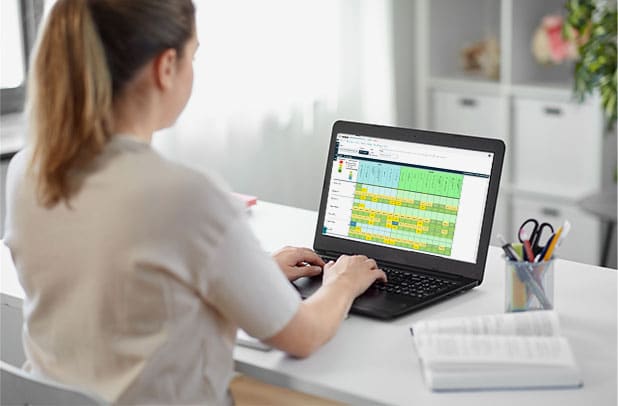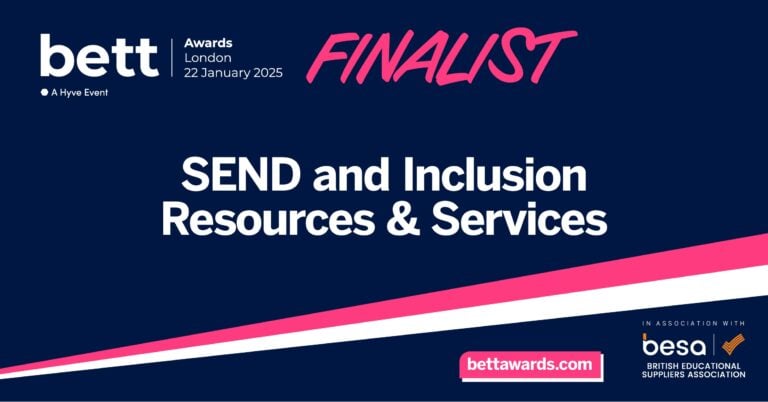
The Bell Foundation, a charity which works to overcome exclusion through language education, provides the following definition of the term ‘new arrivals’:
“Children who are international migrants, including refugees, asylum seekers, children of people working or studying in the UK and economic migrants from overseas.”
Starting at a new school is challenging under any circumstances. If you are newly arrived in the UK, for whatever reason, it must feel overwhelming particularly if you have little or no English. Pupils and their families have much to navigate in addition to simply starting school.
Newly arrived pupils span very diverse groups. They can arrive at any age. Their socio-economic and educational experiences will vary hugely as will their knowledge and understanding of English. Increasingly, they may have experienced traumatic events. The Bell Foundation urges schools to make provision for learners based on a “meaningful assessment of their prior knowledge and experience as well as their language proficiency”:
- Conversations with parents/carers and meeting the pupils before they begin in school is vital and specialist first language support may well be needed.
- Offering a tour of the school and also a ‘taster’ session is extremely valuable and will help to make a first full day less intimidating.
- A music, art or even a practical science lesson may help to ease older pupils in, whilst younger children could perhaps attend for story or golden time.
- Bear in mind that pupils who have already attended kindergarten or school in Europe are likely to be used to early starts and a school ‘day’ that finishes at lunchtime or just after.
From my own experience, we wanted to be able to give newly arrived pupils and their families all possible support to ease their transition and integration into our one form entry Coventry primary school. We wanted, as we would for any family in our school, for them to feel secure and valued. Drawing on support and advice from Coventry Ethnic Minority Achievement Service (EMAS), we began setting up induction/integration programmes for our small but increasing number of newly arrived pupils. Coventry EMAS (formally Minority Group Support Services) has been in existence for over forty years and offers support from birth to post 19 including the provision of multilingual assistants and interpreters-which was one of the first services that we accessed. All local authorities will have services offering a similar range of support.
Our primary focus was pastoral care. Early language support was planned and immediately put in place but we did not complete an EAL assessment or set any specific language targets until our newly arrived pupils were settled and had completed at least two or three weeks in school. From the beginning we aimed to help pupils feel that they could have some element of ‘control’. Successful strategies included:
- The use of pictorial timetables, this ensured that pupils had a ‘heads up’ as to what was coming and routines could be more easily established.
- The use of large scale emojis so they could easily communicate their feelings also proved extremely useful.
- Board games provided a relaxed and fun opportunity to make friends and begin acquiring language. We had plenty of these in school so here was an immediate, useful and free resource.
Schools could consider the provision of playground ‘buddies’ for each newly arrived child. Buddies can shepherd their charges to and from the playground, ensure they are included in socialising and can also accompany them to the dinner hall to guide them through the practicalities. Think also about offering indoor playtime activities for those who find the playground rather too much. This provision could be accessed regularly or on an ad hoc basis according to a pupil’s needs. The same could be considered for assembly time.
As part of my work as a support teacher, I regularly ran short interventions to improve auditory and visual memory skills. These were being delivered during assembly times to small groups (this timetabling made it easier to involve pupils from different classes at the same time and provided the opportunity for older pupils to mentor and encourage younger ones). It quickly became clear that newly arrived pupils would benefit from being included in these sessions as many of the visual activities (particularly old favourites like Kim’s Game and Pelmanism) were ideal for building vocabulary and the small group setup helped to facilitate early social interactions both within and beyond their class cohorts.
‘Treasure hunts’ are fun and enable both language acquisition and assist pupils in finding their way around and meeting staff and pupils from other classes. One option is to provide picture cards of everyday items found around the school: a kettle will take you to the staff room; a hoop to the P.E. cupboard; a fork to the dining hall etc. If pupils take an ipad they can then photograph items and perhaps make a vocabulary scrapbook using the pictures they have taken. In addition, you could ask them to collect specific items eg: a blue pen from Mrs Hall in year 3; the key to the stock cupboard from office staff etc. Provide a container for them to carry the items back in and get them to unpack their ‘finds’ and encourage a little conversation about what they have found.
I had the opportunity to work with a very shy, newly arrived pupil from Poland who came into our year 3 class with virtually no English. It was November and preparations for Christmas were already cranking up- in a Catholic school Christmas really is a big deal! After harnessing the help of her older sister (who knew a few English words and could translate a little) I managed to teach my pupil the chorus and actions to a couple of songs and we sorted through the costume boxes together- which allowed for further vocabulary acquisition. There was much enjoyment as we assessed the merits of various items and some laughter too when I joined in the dressing up. We organised for her class to have a couple of short practices prior to a whole school rehearsal. Within just a few weeks of arrival, both sisters enthusiastically took part in our school concert and their delighted parents were in the audience to witness it.











